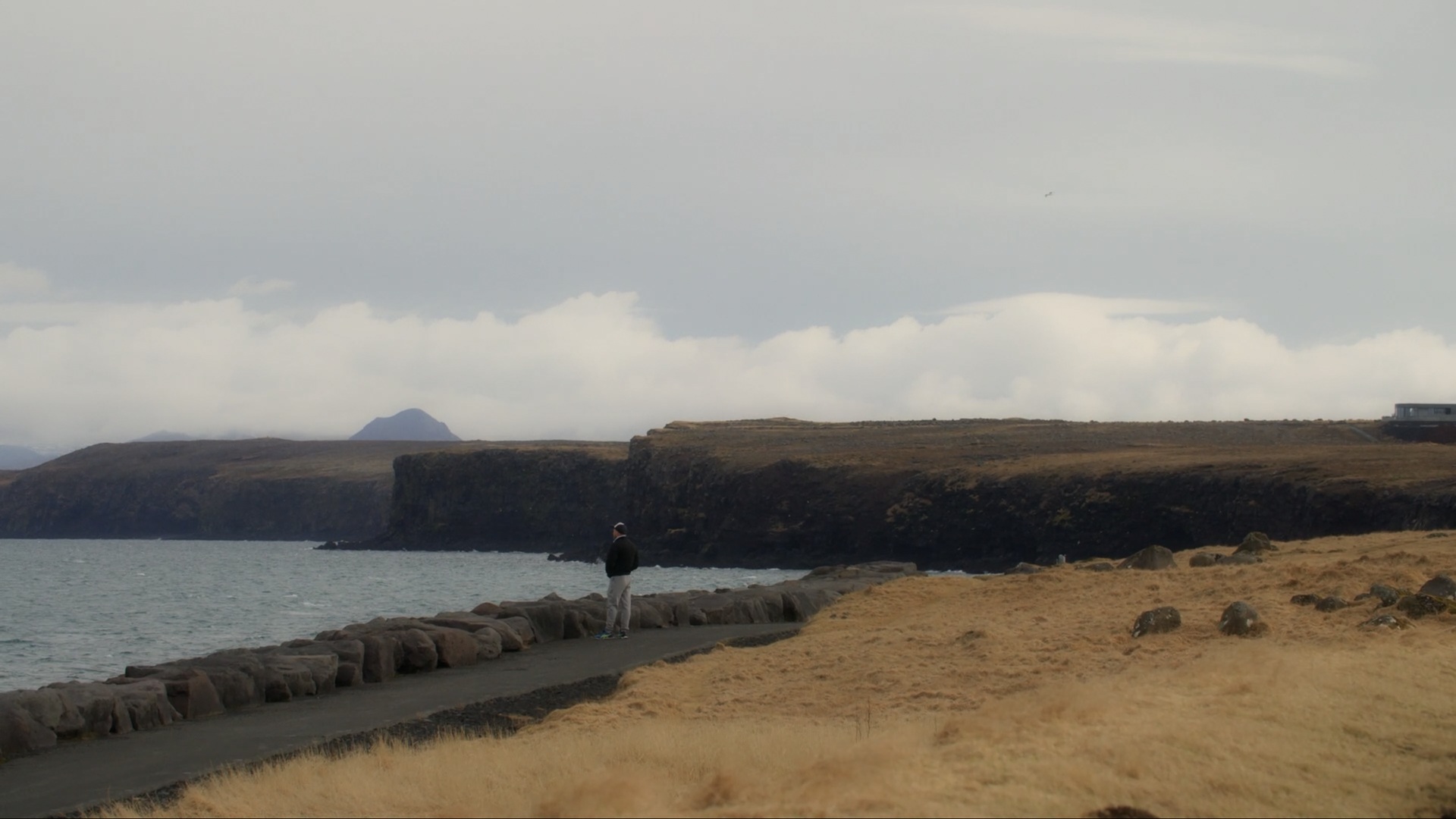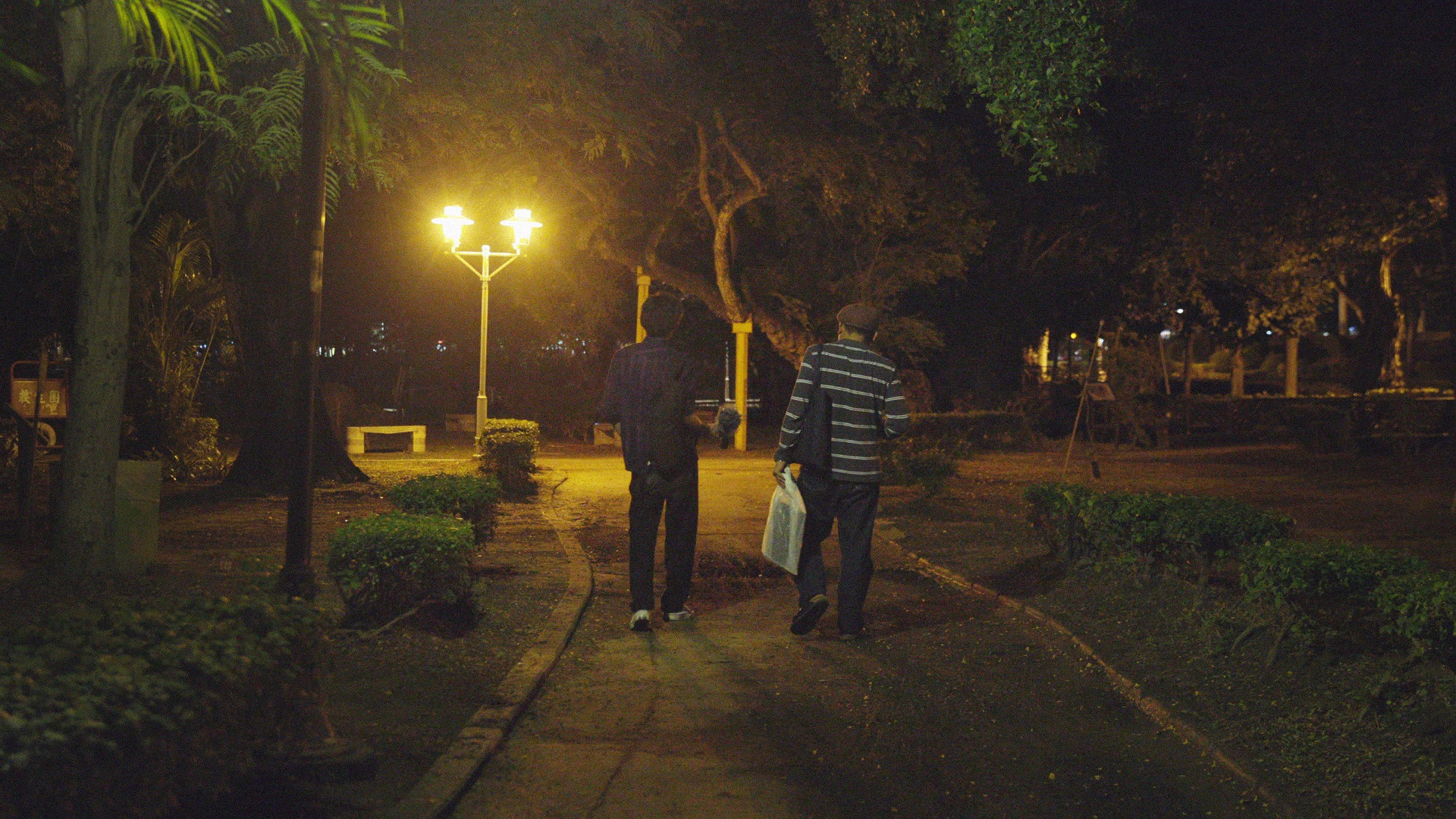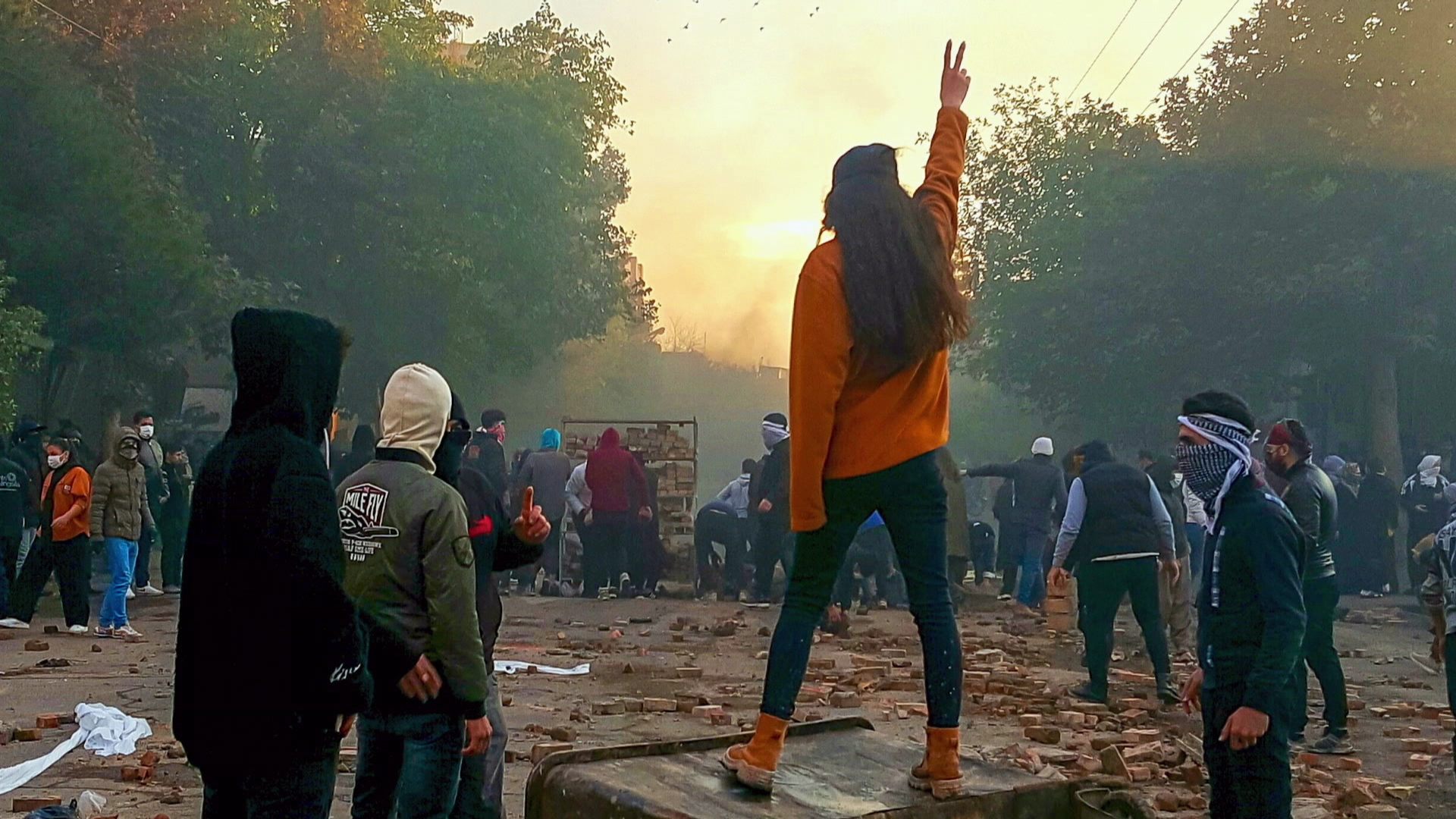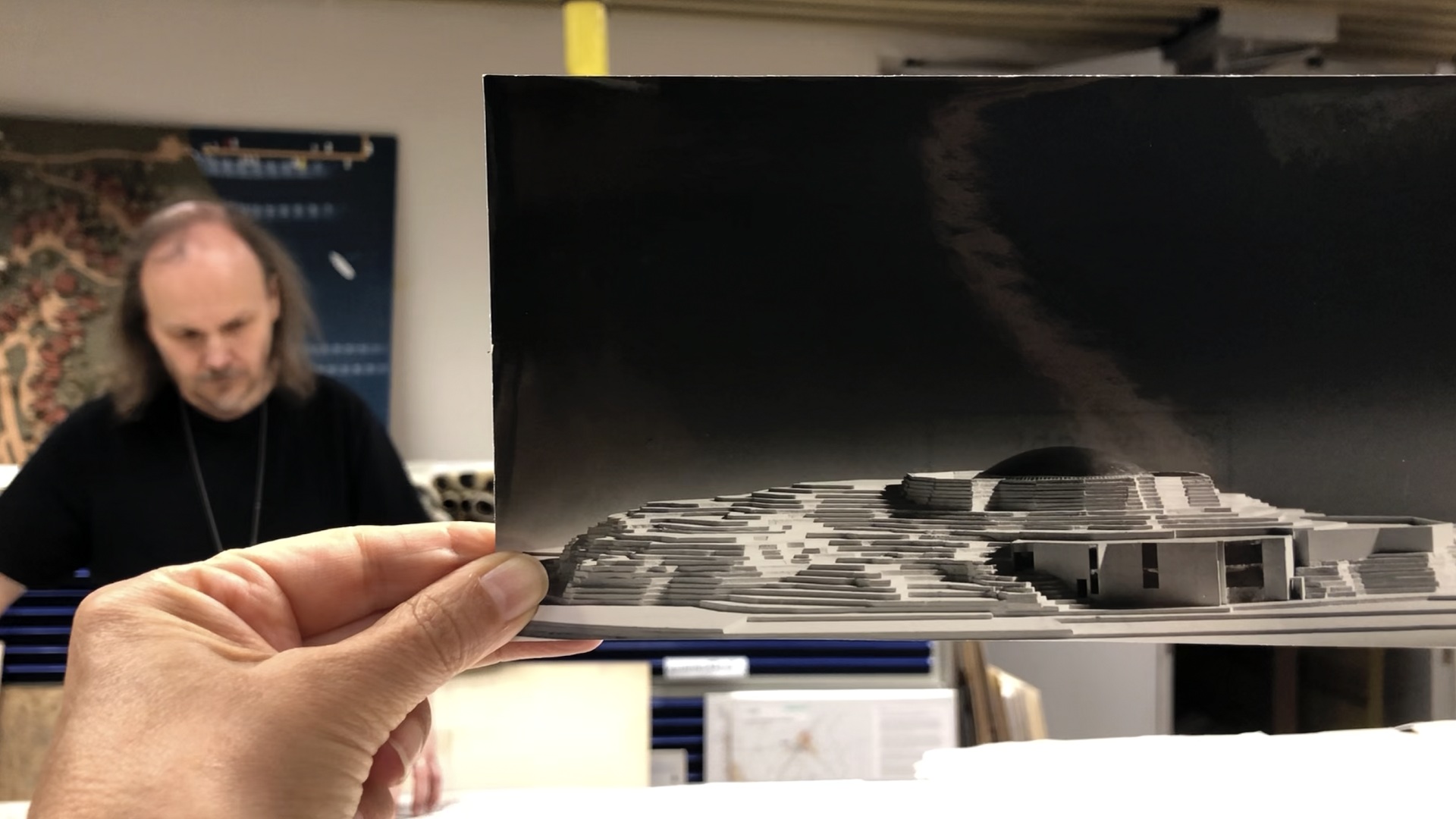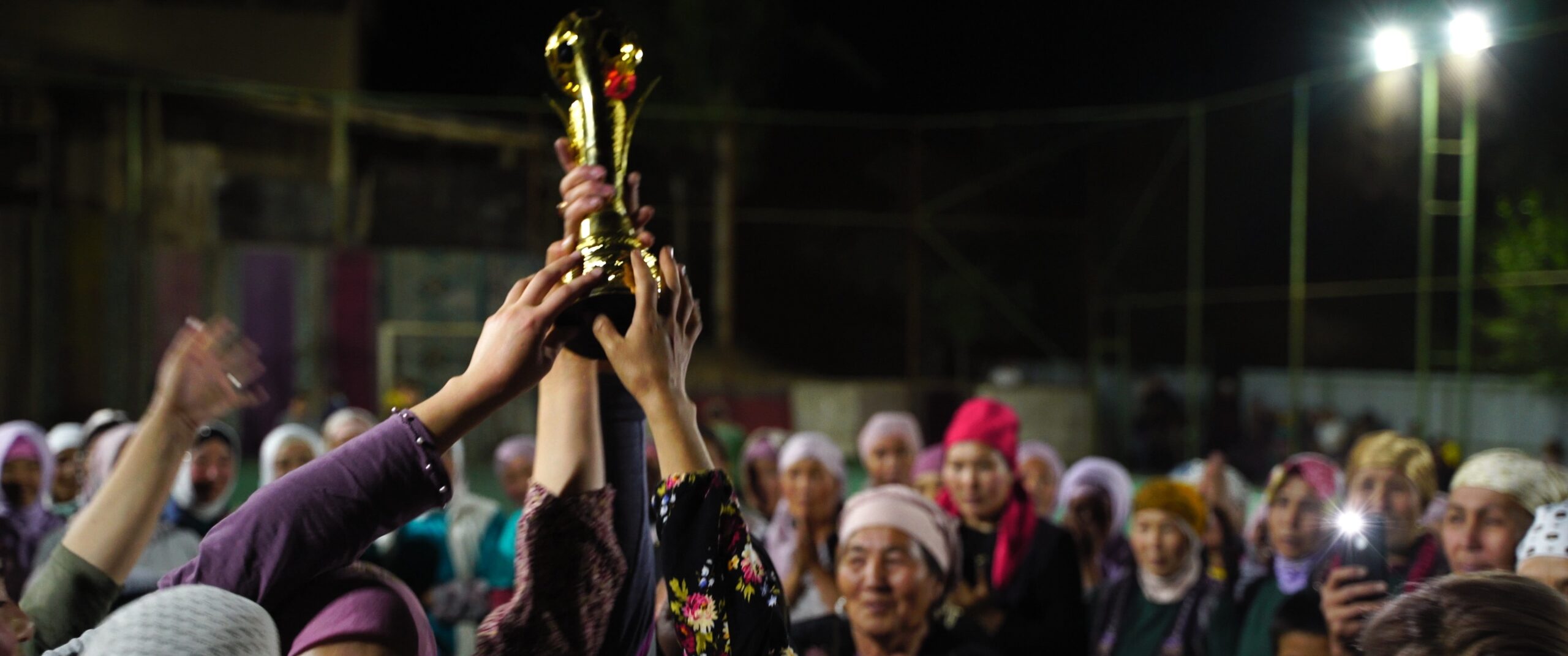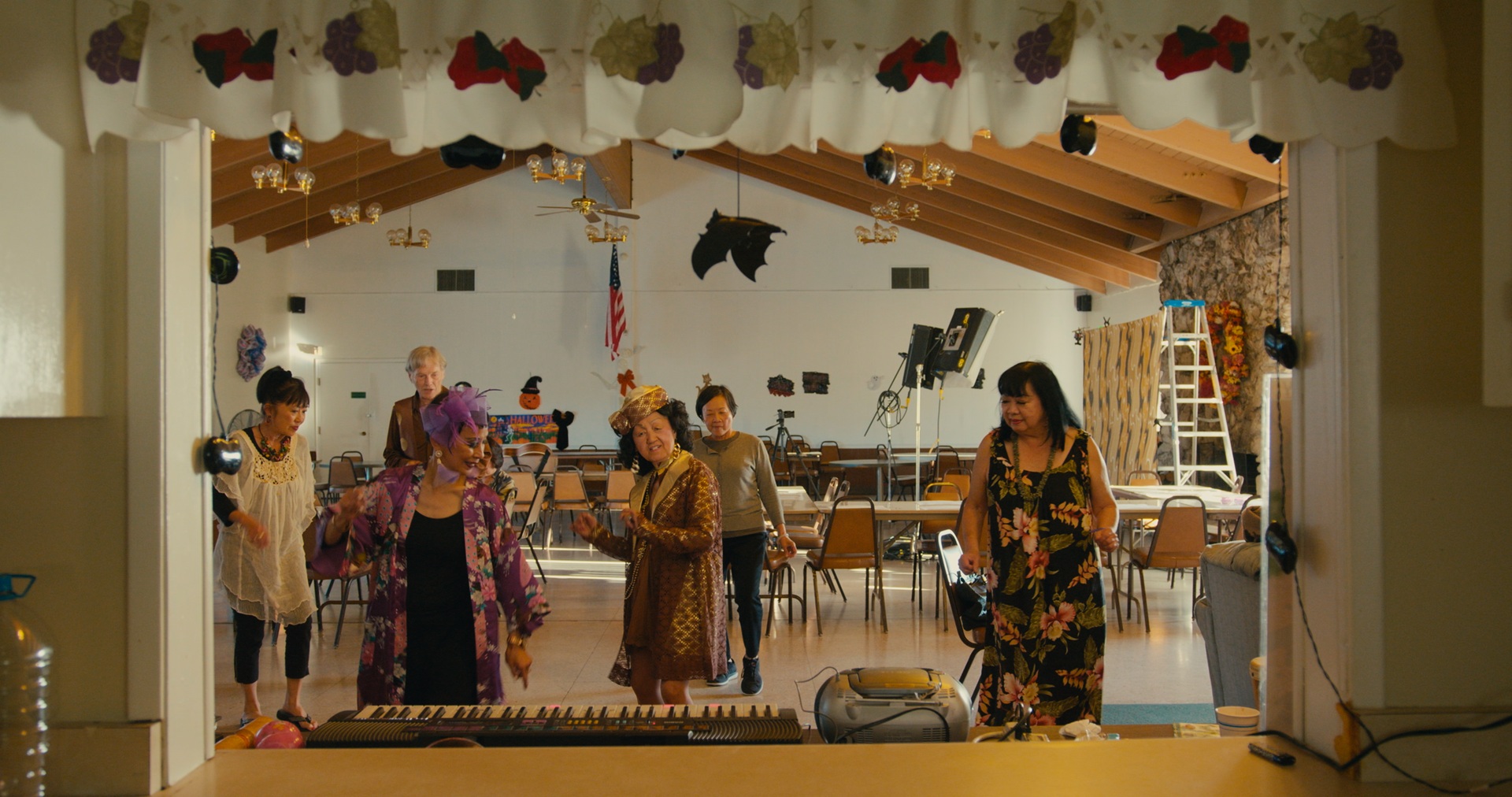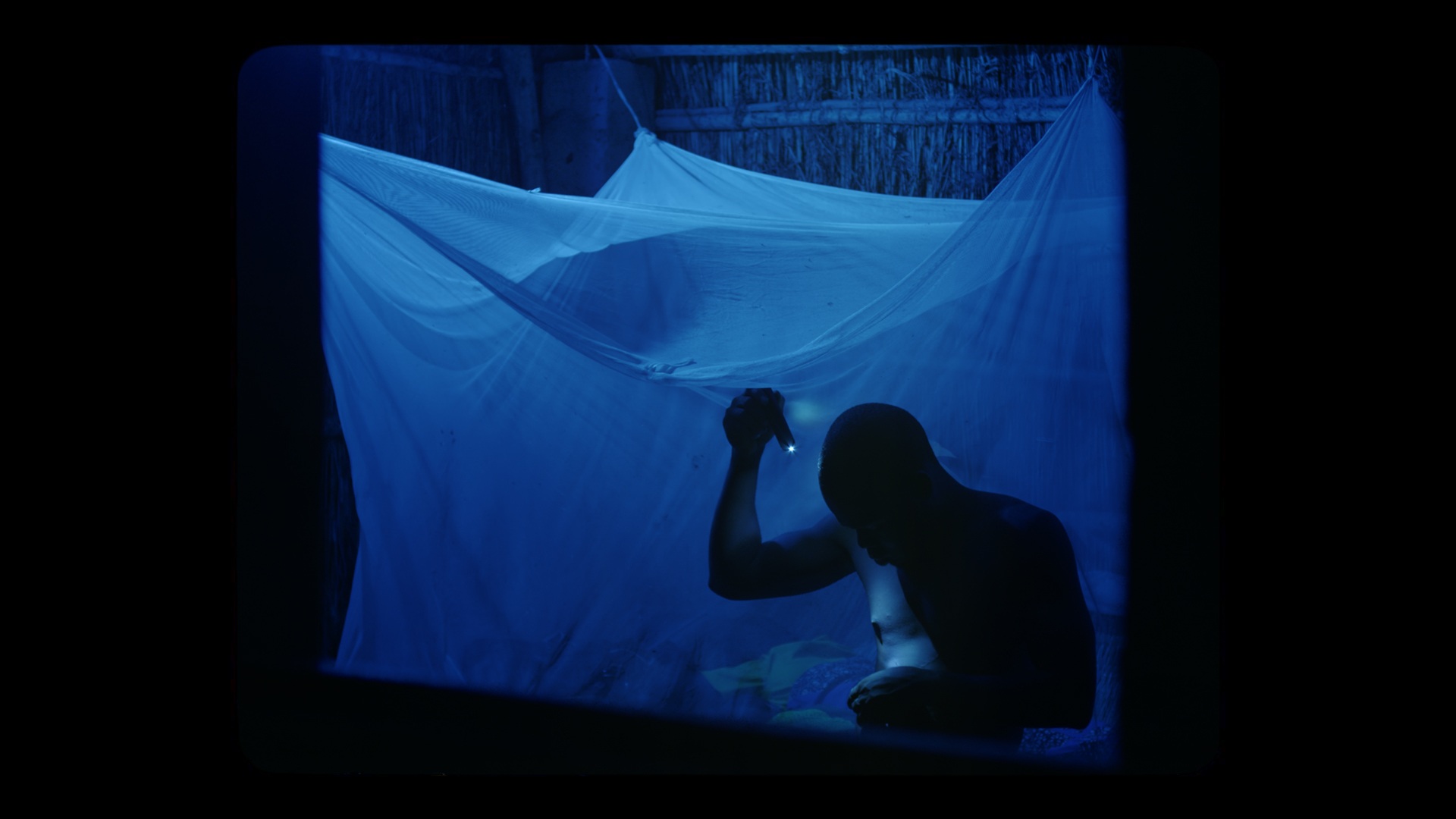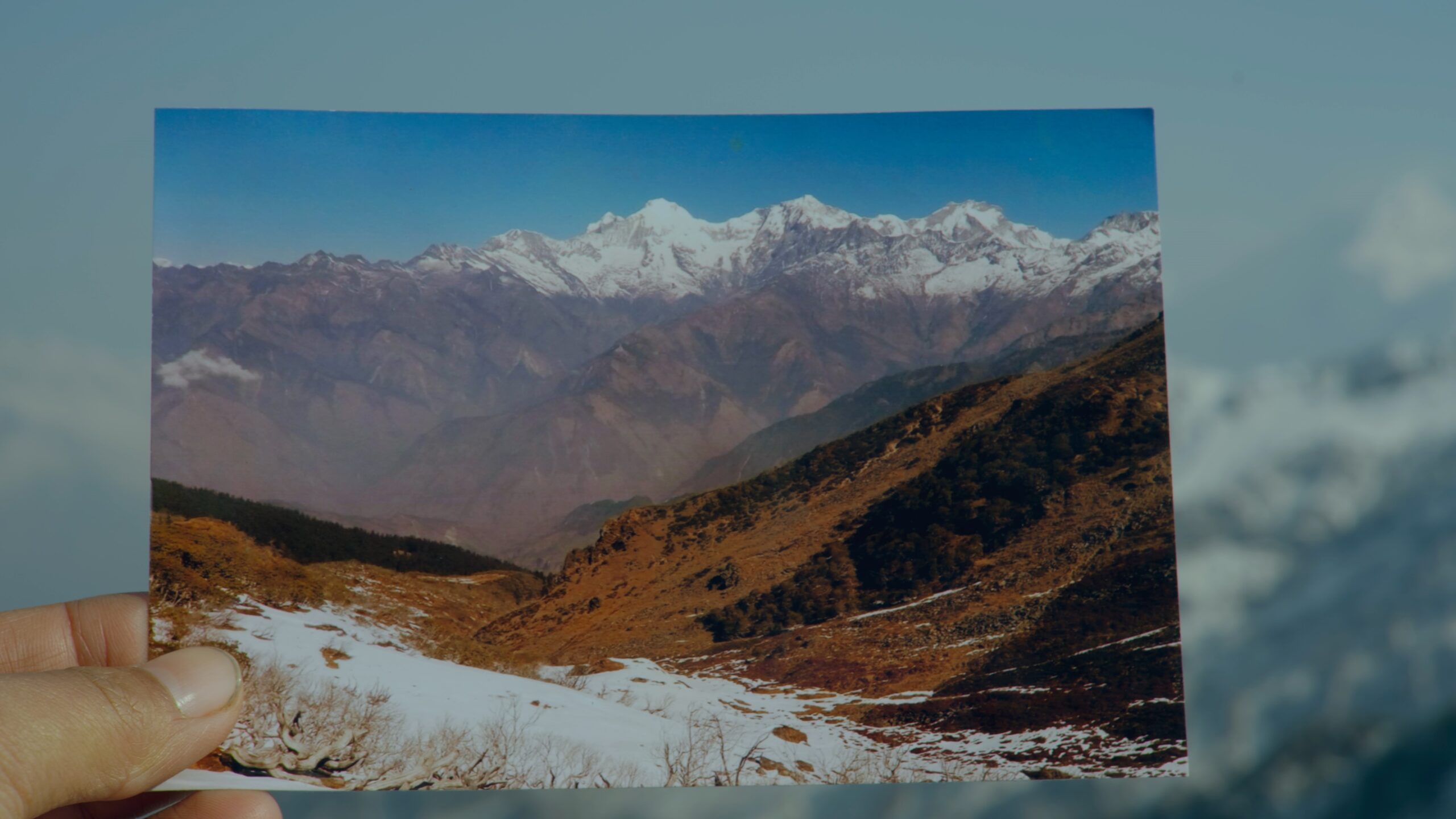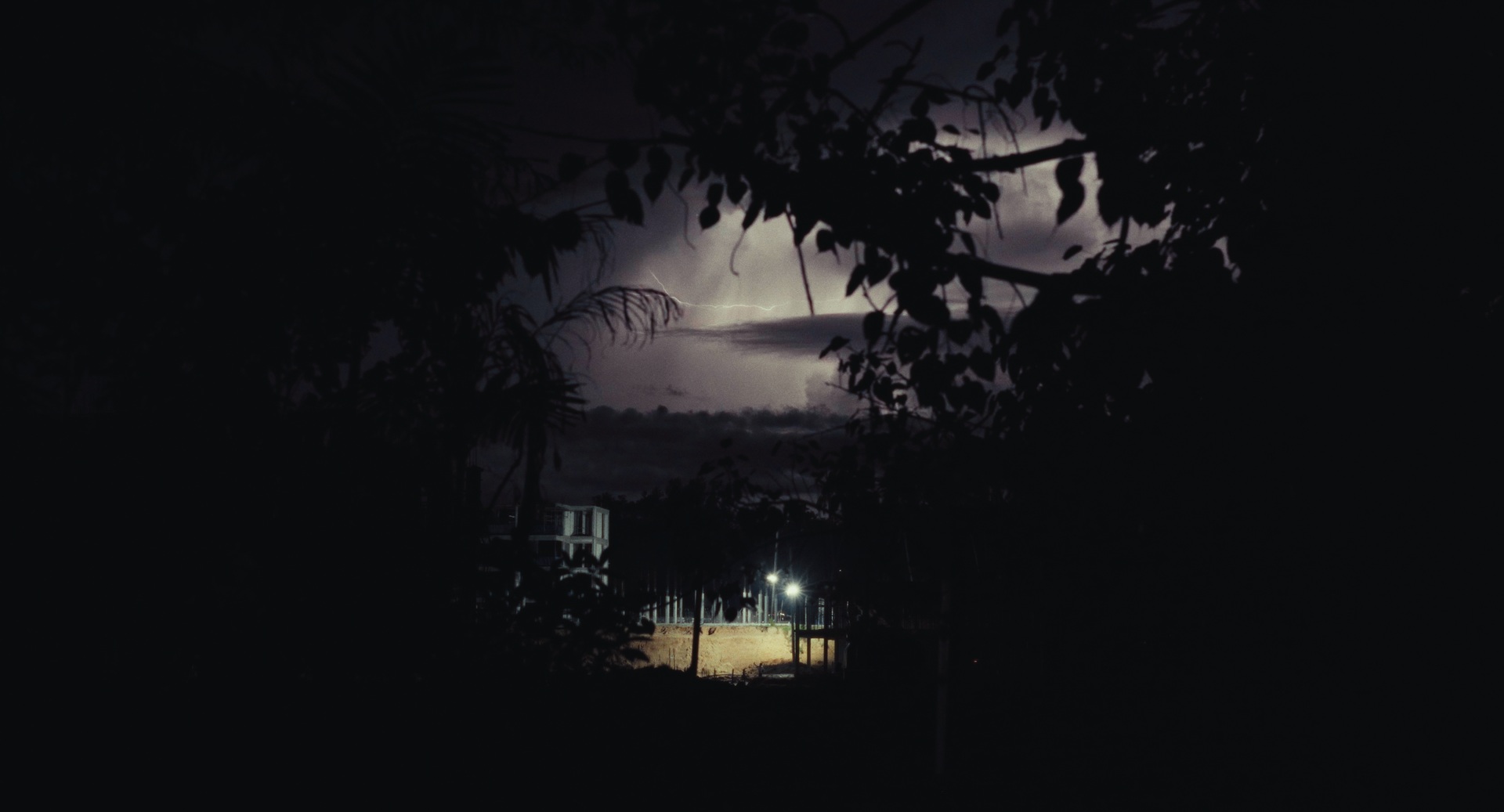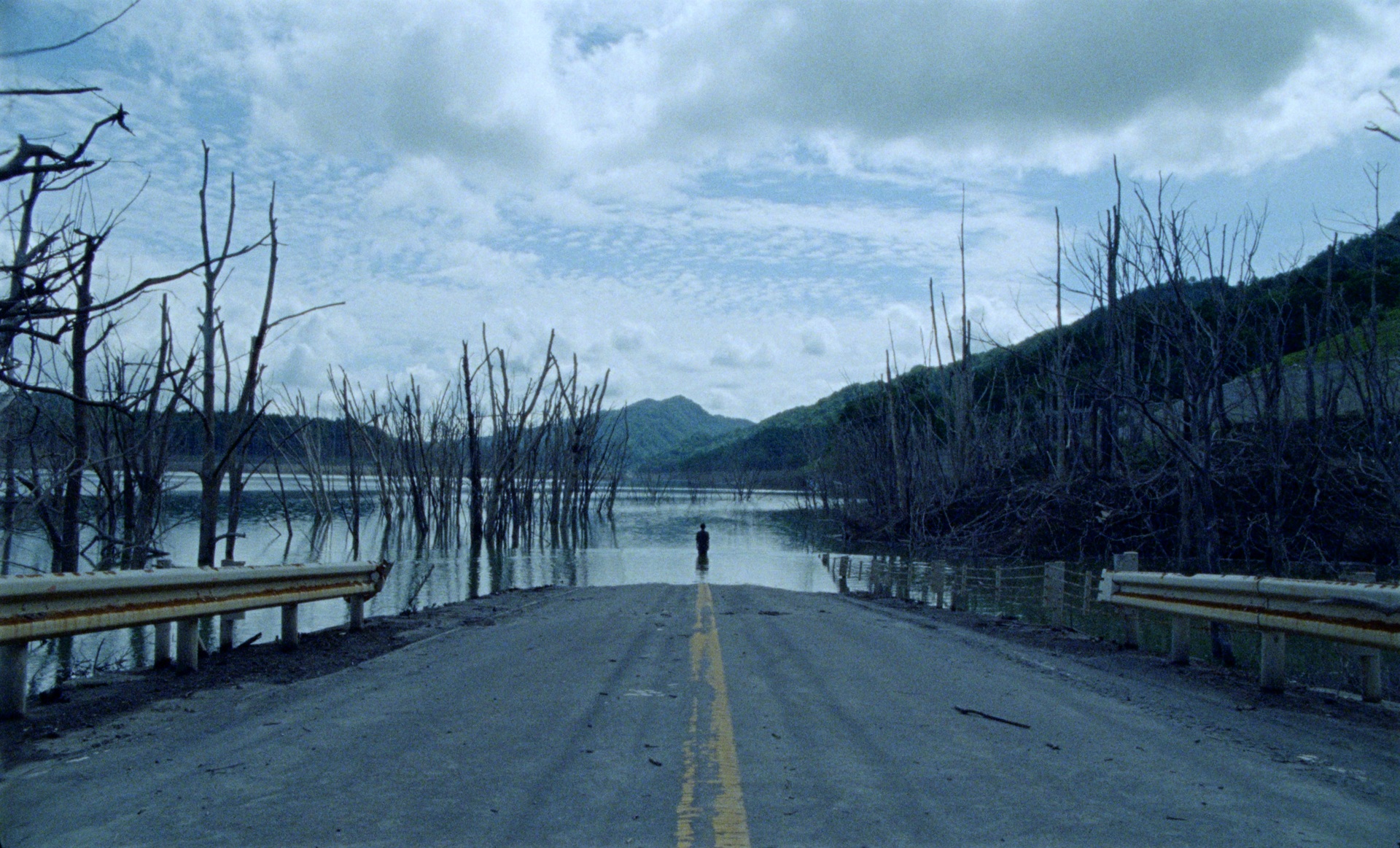
international competition programme
& Green Docs Programme
Until the orchid blooms
(Polen Ly / 2024 / 103 min / Cambodia, France)
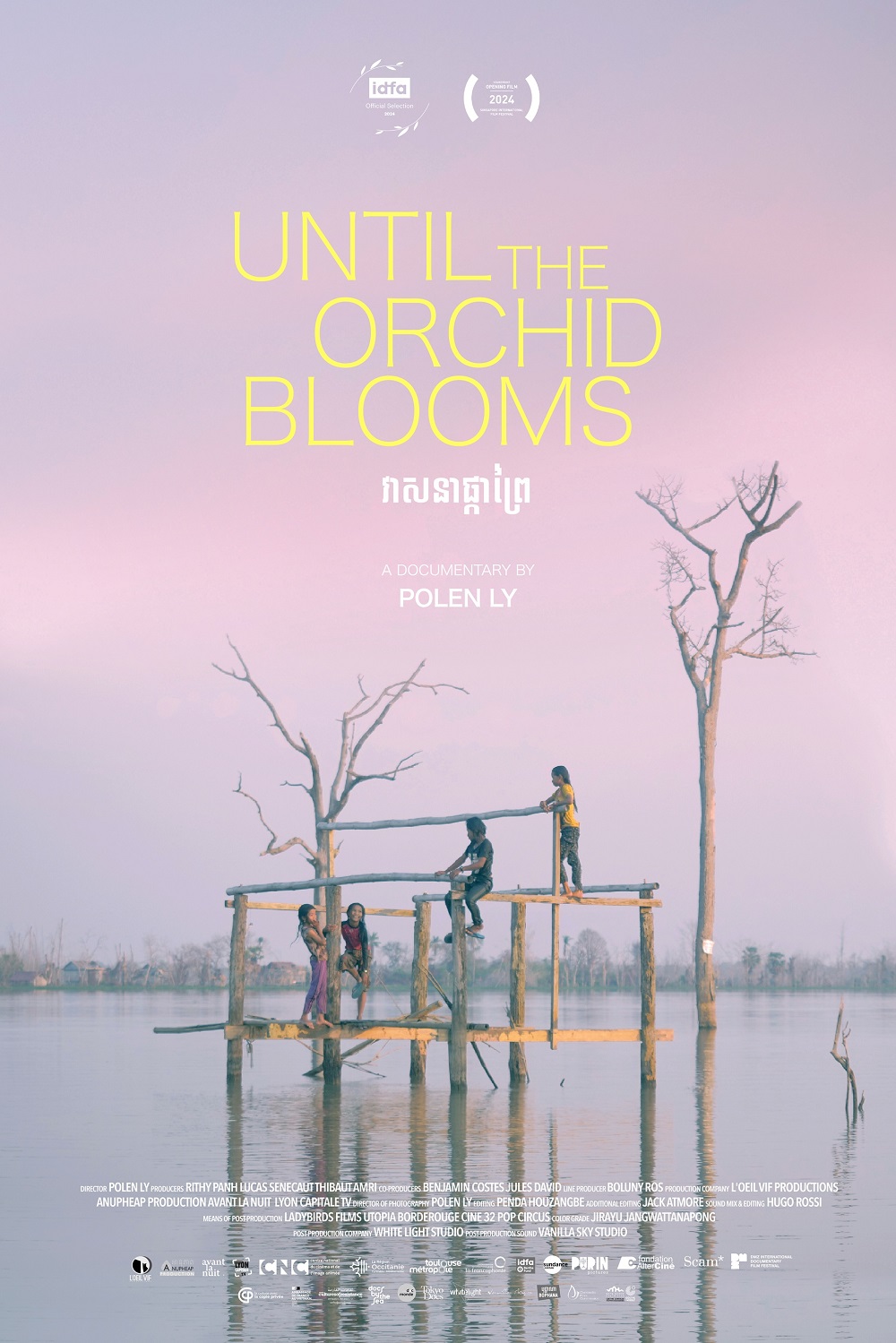
Neang, a young indigenous mother, lives a peaceful life with her parents and four children (Chai, Nge, Tauy and Khouch) in Kbal Romeas, a remote village in northeast Cambodia.
In 2014, their existence was disrupted by the construction of a hydroelectric dam near the village. In late 2017, the reservoir flooded and destroyed Kbal Romeas. Some villagers accepted the expropriation and moved to a compensation camp. But Neang and other villagers decided to stay and rebuild everything a little further up on the hill. There, they can continue to live close to nature and the spirits of their ancestors.
However, this land has been taken over by a Chinese rubber company. From now on, Neang and the villagers are considered as outlaws by the authorities. Faced with regular intimidation by the industrialists and the complicity of the government, they stand up.
Rather die than leave the village: this inscription painted on the walls of Neang’s former house shows the deep bond that ties her to her land. Nature is an integral part of her life and soul. She has always breathed the fresh air of Kbal Romeas and lived off the gifts of the forest. She is one of its guardians and does not hesitate to put her life in danger to protect this heritage.
At the same time, Neang must face the erosion of her own family. Nain, her husband abandoned her and her family in 2014. He accepted, like other villagers of Kbal Romeas, the financial offer of compensation from the dam company and wants to live on the proposed land. He then took their son Khouch by force, in order to benefit from this offer. Grandmother Nan is dying of a chronic illness, while Grandfather Chao tries to carry out the daily chores despite the pain. Tauy, the eldest, does not see how he can realize his dream of becoming a hairdresser by staying in Kbal Romeas.
But Neang still does not lose hope. When Nain understands that he will not be able to receive any money or plot of land, he abandoned Khouch. Neang then goes ahead and brings her son back home. This reunion fills her with happiness, but Khouch is a brilliant child destined to study, and Kbal Romeas, whose school was swept away by the flood, offers him no future. Only Chai and Nge, her two little daughters, seem to follow in their mother’s footsteps without hesitation.
Since 2017 and the flooding of the village of Kbal Romeas, Until the orchid blooms tells the story of Neang’s journey of resilience and her struggle to rebuild her life on her ancestral land alongside her family. It is a tragedy in which she is the heroic figure. Little by little, the village of Kbal Romeas draws the contours of a spiritual ideal, a heritage on the verge of collapse.
Director’s statement :
Making “Until the Orchid Blooms” was both a journey of pain and self-growth as a filmmaker and a human being.
It was painful for me to witness the injustice toward the marginalized community like Neang’s Bunong community. Within the six years of shooting the film, I got to observe the pain and hardship that Neang and her family went through, especially the children who had to face bad memories and trauma in their childhood toward the loss of their home, the fear their parents experienced, and the unjust treatment from the people in power. I always ask myself what would those negative emotions and experiences affect their aspect of life when they grow up? Will they learn from the courage of their fighting-spirit parents and become also brave or will they become fearful of the future they might hold?
Amidst witnessing this pain, I also got to experience love and compassion from the people, especially Neang who has always been an inspiring figure for me to look up to. Her kindness and courage taught me to be kinder and to grow my own empathy toward both nature and humanity. Probably, it’s the one positive aspect that I can take from my journey of making this film – is to be fearless, to hope, to move forwards, and most importantly to be resilient in such a harsh situation. It’s the resilience that keeps pushing humanity to move forward and to fight for what is right.
Therefore, with “Until the Orchid Blooms,” I intend to make it as my journal of observation on different moments in Neang and her villagers’ life. It’s a collage of the fragments of time and space that altogether quietly represents the beauty of a simple life that somehow becomes fragile under the domination of threat from the greed of those in power.
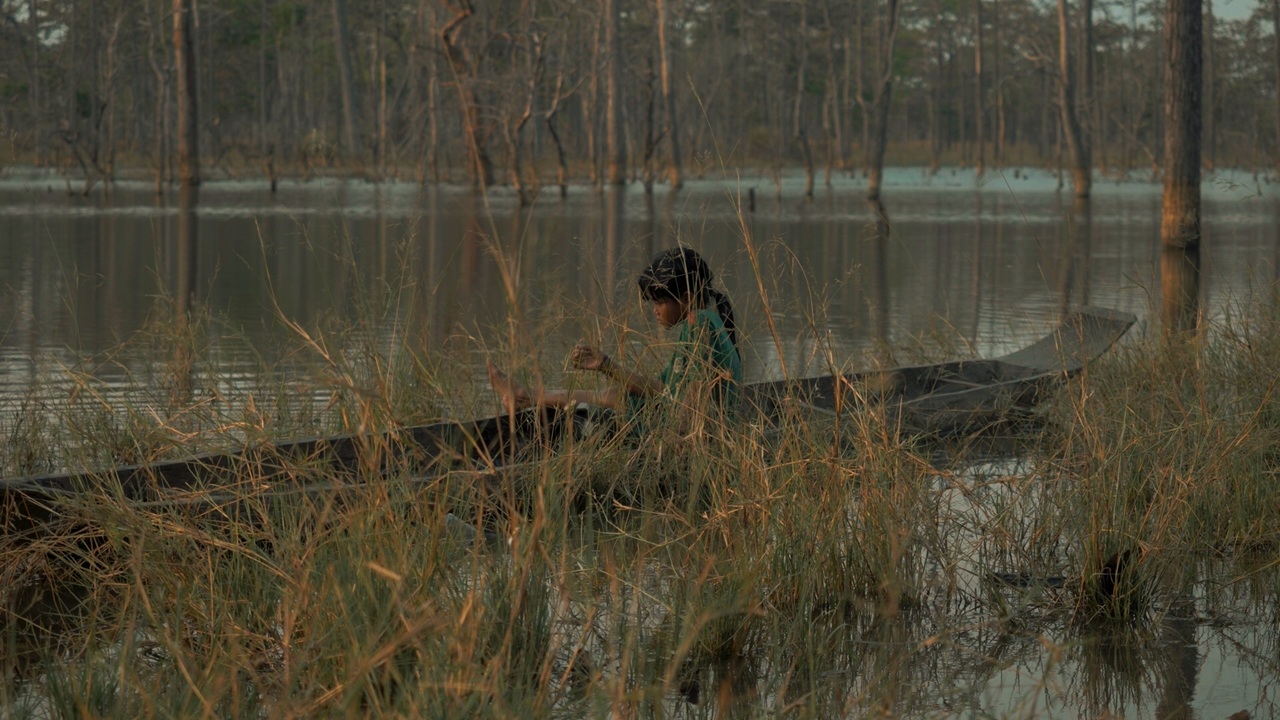
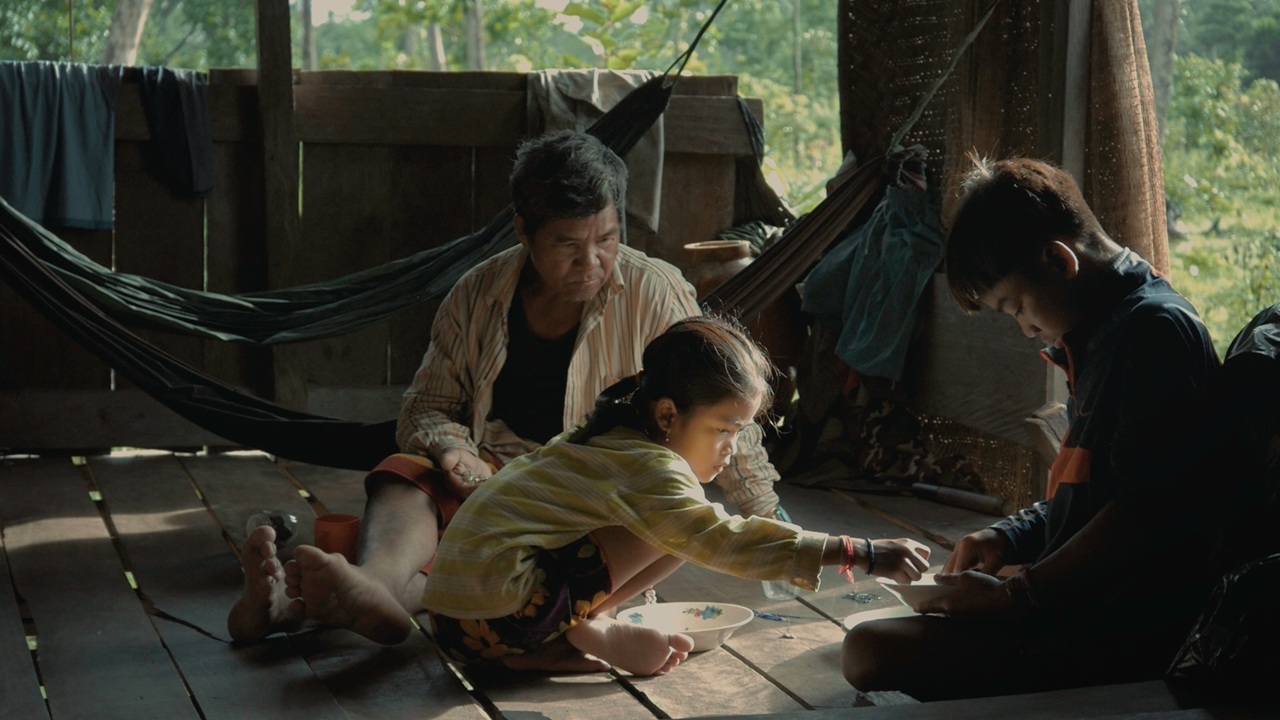
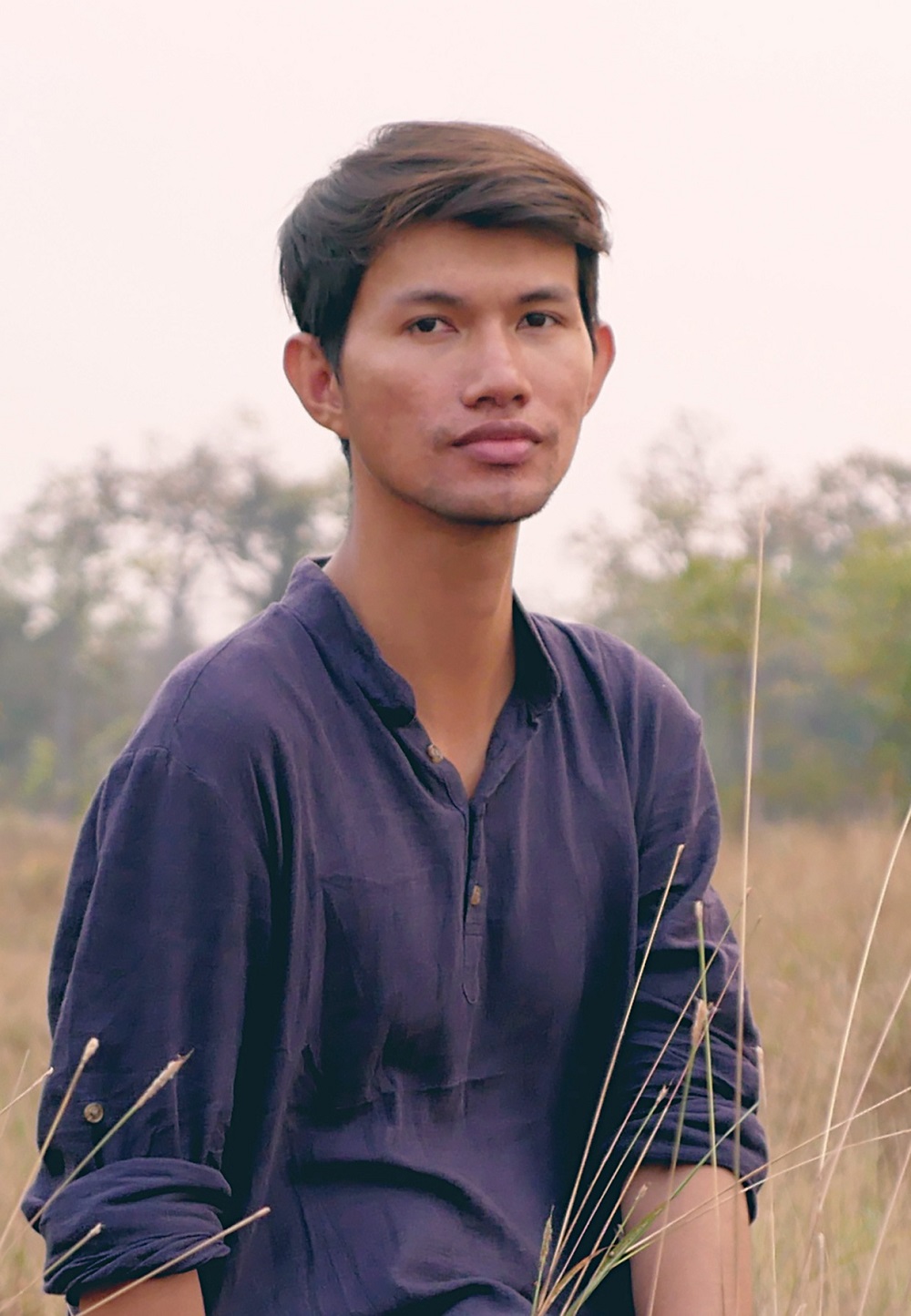
Polen Ly
Polen Ly is self-taught filmmaker based in Cambodia. Polen’s artistic practice is rooted in social issues and nature, while his storytelling style is often expressed through different means of visualization and metaphors. Some of his films have gained recognition at international film festivals, including Tropfest SEA in Malaysia, where his short film “Colourful Knots” won the first prize. The following year, Polen was selected as a Director Fellow at the Asian Film Academy in Busan, Korea.
In 2021, his short documentary “Side By Side” won the “Youth Jury Prize” at Locarno International Film Festival Open Door. His latest short fiction, “Further And Further Away”, premiered at Berlinale International Film Festival in 2022 and won “Best Live-Action Short over 15 minutes” at Palm Springs International Film Festival Shortfest.
Polen is currently working on his first featured fiction film, “Becoming Human”, which received a grant from Biennale College Cinema organised by Venice Film Festival. Meanwhile, he also has a feature docu-fiction project, “Sick River, Sick Lake”, that is in its development stage.
Filmography :
Colourful Knots (2015)
Red Ink (2017)
Side by Side (2021)
Further and Further Away (2022)
Until the Orchid Blooms (2024)



